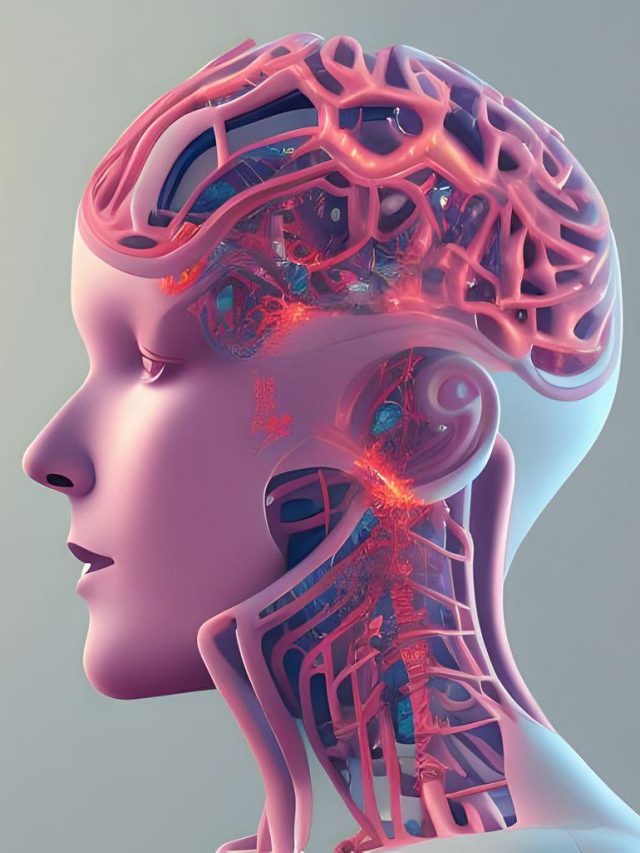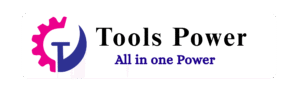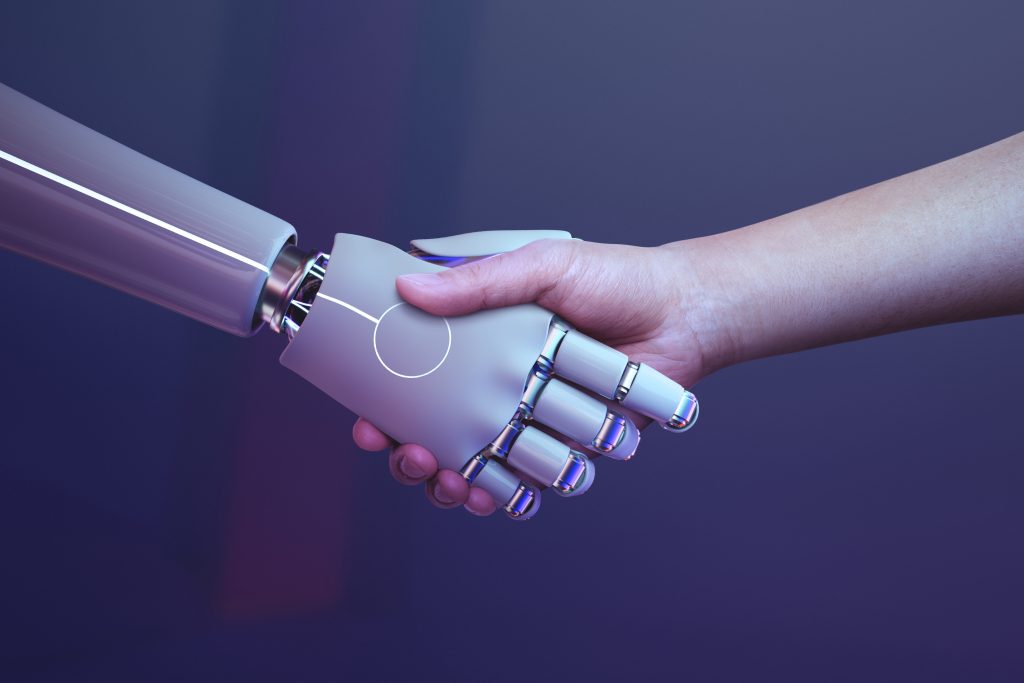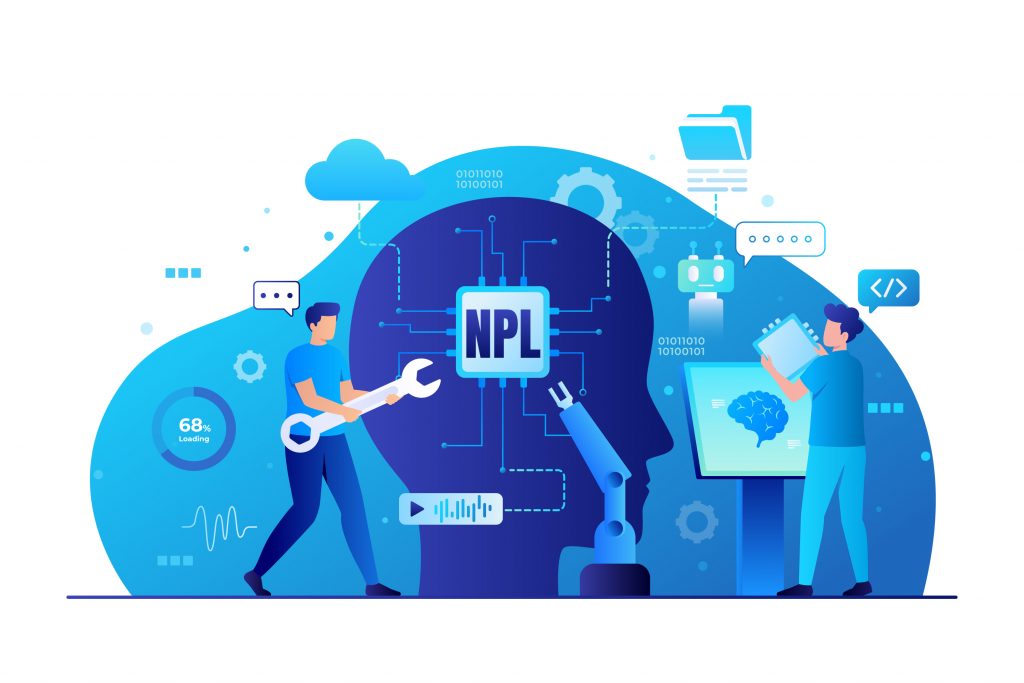ai story generators

what is ai story generators
table
What is story generators
What is ai story generators
Evolution of ai story generators
Benefits of ai story generators
best ai story generators
How Do ai story generators
ai story generators Use
ai story generators Challenges and Limitations
Future Prospects of ai story generators
What is story generators
Story generators are tools that help writers create stories by providing them with prompts, ideas, and even full-fledged plots. These tools can be used to generate stories of any genre, from science fiction to romance to mystery.
There are many different types of story generators, but they all work in essentially the same way. The writer provides the generator with some basic information about the story they want to write, such as the genre, setting, characters, and plot. The generator then uses this information to create a story outline, generate character profiles, and write full-fledged scenes.
Story generators can be used for a variety of purposes. Some writers use them to brainstorm ideas for new stories, while others use them to help them develop their plots and characters. Story generators can also be used to create short stories, poems, and other creative writing pieces.
What is ai story generators
AI story generators are sophisticated applications powered by artificial intelligence (AI) algorithms that are designed to create narrative content autonomously. These systems leverage natural language processing (NLP) and machine learning techniques to understand and generate human-like text. By analyzing vast datasets of written material, AI story generators can emulate the style and structure of human storytelling.
These tools are not merely limited to producing coherent sentences but are capable of constructing entire stories, ranging from short narratives to more complex and nuanced plots. The development of AI story generators marks a significant advancement in the intersection of technology and creativity, offering a glimpse into the potential of AI to contribute to artistic and literary endeavors.
As these systems continue to evolve, they raise intriguing questions about the role of AI in the creative process, challenging traditional notions of authorship and inspiring discussions about the ethical implications and creative partnerships between humans and machines. AI story generators hold promise not only for generating entertaining content but also for assisting writers, educators, and content creators in various fields.
Evolution of ai story generators
- Early AI story generators (1960s-1970s): These early generators were very simple and could only generate short stories with simple plots and characters.
- Rule-based AI story generators (1980s-1990s): These generators used a set of rules to generate stories. The rules were based on the structure of stories, such as the beginning, middle, and end, as well as the relationships between characters and events.
- Statistical AI story generators (2000s-present): These generators use statistical models to generate stories. The models are trained on a large dataset of text, such as books, movies, and TV shows. This allows the generators to generate more realistic and engaging stories.
- Deep learning AI story generators (2010s-present): These generators use deep learning algorithms to generate stories. Deep learning algorithms are able to learn complex patterns in data, which allows them to generate more creative and original stories.
- 1966: Joseph Weizenbaum develops ELIZA, a chatbot that can simulate human conversation.
- 1976: James Meehan develops TALESPIN, a rule-based AI story generator that can generate short stories in a variety of genres.
- 1994: James Murray and Mark Riedl develop BRUTUS, a rule-based AI story generator that can generate stories with complex plots and characters.
- 2006: George Mason University researchers develop FAWM, a statistical AI story generator that can generate stories based on a variety of prompts.
- 2017: OpenAI develops GPT-2, a deep learning AI language model that can generate realistic and engaging stories.
- 2022: Google AI develops Bard, a deep learning AI language model that can generate stories, translate languages, write different kinds of creative content, and answer your questions in an informative way.
Benefits of ai story generators
- Help writers overcome writer’s block: AI story generators can provide writers with inspiration and new ideas when they are stuck.
- Help develop plots and characters: AI story generators can help writers to develop their plots and characters by generating different scenarios and possibilities.
- Help write different creative text formats: AI story generators can help writers to write different creative text formats, such as poems, code, scripts, musical pieces, email, letters, etc.
- Help learn how to write more effectively: AI story generators can help writers to learn how to write more effectively by providing feedback on their work and suggestions for improvement.
- Help experiment with different genres and styles of writing: AI story generators can help writers to experiment with different genres and styles of writing, which can help them to develop their skills and find their own unique voice.
- Create educational content: AI story generators can be used to create educational content, such as interactive stories and simulations, that can help students learn new concepts in a more engaging way.
- Generate marketing content: AI story generators can be used to generate marketing content, such as product descriptions and blog posts, that is more likely to capture the attention of readers.
- Develop entertainment content: AI story generators can be used to develop entertainment content, such as video games, movies, and TV shows, that is more immersive and engaging for audiences.
best ai story generators
best ai story generators
Sudowrite
Plot Factory
Writesonic
Jasper
Squibler
DeepStory
ClosersCopy
Midjourney
Copy AI
ChatGPT
Scalenut
Shortly AI
Rytr
InferKit
NovelAI
How Do ai story generators
- ule-based generation: This involves using a set of rules to generate text, such as the rules of grammar and syntax.
- Statistical generation: This involves using statistical models to generate text. The models are trained on a large dataset of text, which allows them to learn the patterns of language.
- Deep learning generation: This involves using deep learning algorithms to generate text. Deep learning algorithms are able to learn complex patterns in data, which allows them to generate more creative and original text.
AI story generators typically use a combination of these techniques to generate stories. For example, a rule-based generator might be used to generate the basic structure of the story, while a statistical generator might be used to fill in the details with realistic and engaging text.
how an AI story generator might work:
- The user provides the AI story generator with a prompt, such as a genre, setting, or character.
- The AI story generator analyzes its dataset of text and code to generate a story outline that matches the user’s prompt.
- The AI story generator then uses its knowledge of language and storytelling to write a full-fledged story based on the outline.
- The user can then review and edit the story, or use it as a starting point for their own writing.
ai story generators Use
- Brainstorming ideas for new stories: AI story generators can generate random prompts, characters, settings, and plots, which can help writers to come up with new ideas for stories.
- Developing plots and characters: AI story generators can help writers to develop their plots and characters by providing feedback and suggestions.
- Writing short stories, poems, and other creative writing pieces: AI story generators can generate short stories, poems, and other creative writing pieces from scratch, or they can be used to expand on existing ideas.
- Learning how to write more effectively: AI story generators can provide feedback on grammar, style, and structure, which can help writers to improve their writing skills.
- Experimenting with different genres and styles of writing: AI story generators can be used to generate stories in a variety of genres and styles, which can help writers to develop their range and find their own unique voice.
how AI story generators can be used:
- A writer can use an AI story generator to generate a random prompt, such as “a robot falls in love with a human,” and then use that prompt to write a short story.
- A writer can use an AI story generator to develop a character profile by providing the generator with some basic information about the character, such as their name, age, and profession. The generator will then generate a detailed profile of the character, including their personality, backstory, and goals.
- A writer can use an AI story generator to help them write a specific scene in their novel by providing the generator with the context of the scene and the desired outcome. The generator will then generate a detailed description of the scene, including the dialogue and actions of the characters.
- A writer can use an AI story generator to learn more about different genres and styles of writing by experimenting with different settings and prompts. For example, a writer who is interested in writing science fiction can use an AI story generator to generate stories set in the future or in space.
- A writer can use an AI story generator to get feedback on their writing by submitting a sample of their work to the generator. The generator will then provide feedback on the grammar, style, and structure of the writing.
ai story generators Challenges and Limitations
Limitations ai story generators
- Limited understanding of human creativity: AI story generators are trained on a massive dataset of text and code, but they still have a limited understanding of human creativity. This means that they can sometimes generate stories that are predictable, formulaic, or even nonsensical.
- Bias: AI story generators are trained on data that is created by humans, and this data can reflect the biases of the people who created it. As a result, AI story generators can sometimes generate stories that are biased or offensive.
- Lack of control: AI story generators are often black boxes, meaning that it is difficult to understand how they work or to control the output they generate. This can make it difficult to use AI story generators to create specific types of stories or to ensure that the stories are consistent with the writer’s vision.
- Cost: AI story generators can be expensive to develop and maintain. This means that they are not always accessible to small businesses or individual writers.
Despite these challenges, AI story generators have the potential to revolutionize the way that stories are written. As technology continues to improve, AI story generators will become more sophisticated and capable of generating more creative and original stories.
challenges and limitations of AI story generators:
- Use multiple AI story generators: Using multiple AI story generators can help to reduce the risk of bias and to generate more creative and original stories.
- Edit and revise the generated text: It is important to edit and revise the generated text to ensure that it is creative, original, and consistent with the writer’s vision.
- Get feedback from others: It can be helpful to get feedback from others on the generated text to identify any areas that need improvement.
- Use AI story generators as a starting point: AI story generators can be used as a starting point for the writing process, but they should not be seen as a replacement for human creativity.
Future Prospects of ai story generators
future prospects of AI story generators:
- Improved realism and engagement: AI story generators will become better at generating stories that are realistic and engaging. This will be due to advances in natural language processing and machine learning, as well as the availability of larger and more diverse datasets to train on.
- Greater control for writers: AI story generators will give writers more control over the output they generate. This will be due to advances in human-computer interaction and machine learning algorithms.
- Increased accessibility: AI story generators will become more accessible to small businesses and individual writers. This will be due to the development of cloud-based AI services and the open-sourcing of AI software.
- New and innovative storytelling formats: AI story generators will enable new and innovative storytelling formats. For example, AI story generators could be used to create interactive stories, immersive virtual reality experiences, and even personalized stories that are tailored to the individual reader.
how AI story generators could be used in the future:
- Education: AI story generators could be used to create educational content, such as interactive stories and simulations, that can help students learn new concepts in a more engaging way.
- Marketing: AI story generators could be used to generate marketing content, such as product descriptions and blog posts, that is more likely to capture the attention of readers.
- Entertainment: AI story generators could be used to develop entertainment content, such as video games, movies, and TV shows, that is more immersive and engaging for audiences.
- Therapy: AI story generators could be used to create personalized stories that can help people to cope with trauma, anxiety, and other mental health challenges.
- Self-expression: AI story generators could be used to help people to express themselves creatively and to share their stories with the world.
best product
what is ai story generators
more releted blog
ai story generators free – list
3 best ai domain names generator
11 best ai translation tools -list
11 best ai script generator free -list


